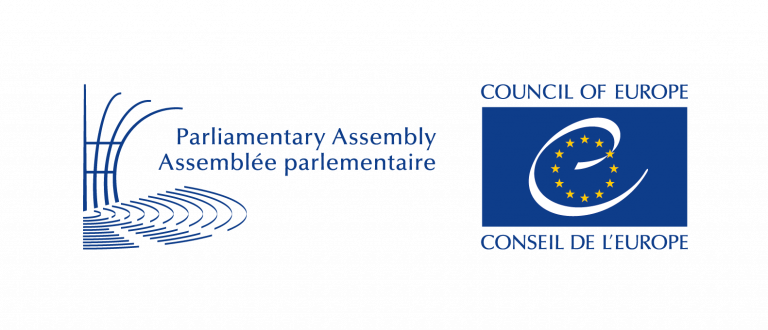Meg Russell talks to Council of Europe about parliaments and coronavirus
10 June 2020
Unit Director, Meg Russell was an expert speaker at the Committee on Political Affairs and Democracy of the Parliamentary Assembly of the Council of Europe (PACE) on the role of parliaments when a crisis hits.

On 29 May 2020, Director of the Constitution Unit, Professor Meg Russell was one of three invited experts who presented at a hearing held by the Committee on Political Affairs and Democracy of the Parliamentary Assembly of the Council of Europe. The hearing will serve as a basis for the preparation of a report on “democracies facing the COVID-19 pandemic”.
Other speakers were:
- Rik Daems, President of PACE
- Oliver Kask, Chairperson of the Council of Democratic Elections of the Venice Commission of the Council of Europe, and judge of the Court of Appeal of Estonia
- Iain Cameron, member of the Venice Commission and Professor at Uppsala University.
In the remainder of the meeting, speakers from across Europe discussed challenges, and parliamentary good practice implemented in their respective countries.
A short summary of Meg's key points:
- There are advantages and disadvantages of bringing parliamentary proceedings online. Regardless, it has been necessary to do so in order to uphold democracy. There is no democracy without parliaments: parliaments represent citizens and hold political executives to account. A crisis such as this one must not become an opportunity to strengthen governments against parliaments.
- Different parliaments have reacted in different ways. Many have scaled back their decision-making to the bare essentials related to the crisis, some are operating with reduced numbers of members, and others have gone online. Some – like the New Zealand parliament – have set up special new structures to deal with the crisis.
- A key question is who takes these decisions. Parliaments with pre-existing cross-party bodies (e.g. ‘bureaux’ or ‘business committees’) to determine business were well-equipped to reach speedy agreement. This is more problematic in others (such as the UK) where the government has significant control over parliament’s agenda. If, for example, some business is to be temporarily suspended, inclusive decision-making is essential.
- Parliaments meeting face-to-face during the crisis may threaten a fundamental parliamentary principle – the equality of members. There are groups of members who will struggle to attend in-person meetings, due to travel restrictions or health conditions. Meeting with fewer members present than usual risks disadvantaging certain groups, and strengthening the power of party leaders and whips. Virtual meetings can overcome these problems.
- Virtual working has its drawbacks too, however. Much of politics is conducted through informal private discussions which take place outside of the chamber and formal committee meetings: MPs miss out on this when parliament is conducted remotely.
- It's clear that these needs, advantages, and disadvantages must be balanced when deciding how parliament will operate post-crisis. There may be pressures from some members to maintain a degree of virtual working, but it must be recognised that this comes with political costs.
You can read more about Meg's contribution to the hearing here.
Key Links
- Ending of the hybrid House of Commons breached fundamental democratic principles
- Can analogue politics work in an era of digital scrutiny? The negative effect of COVID-19 on the informal politics of Westminster
- Proposals for a ‘virtual parliament’: how should parliamentary procedure and practices adapt during the coronavirus pandemic?
- Meg Russell’s current project 'Brexit, Parliament and the Constitution' in collaboration with the UK in a Changing Europe. Read related commentary such as blog pieces, media appearances and articles.
- Read our other Coronavirus-related content on our blog
 Close
Close

